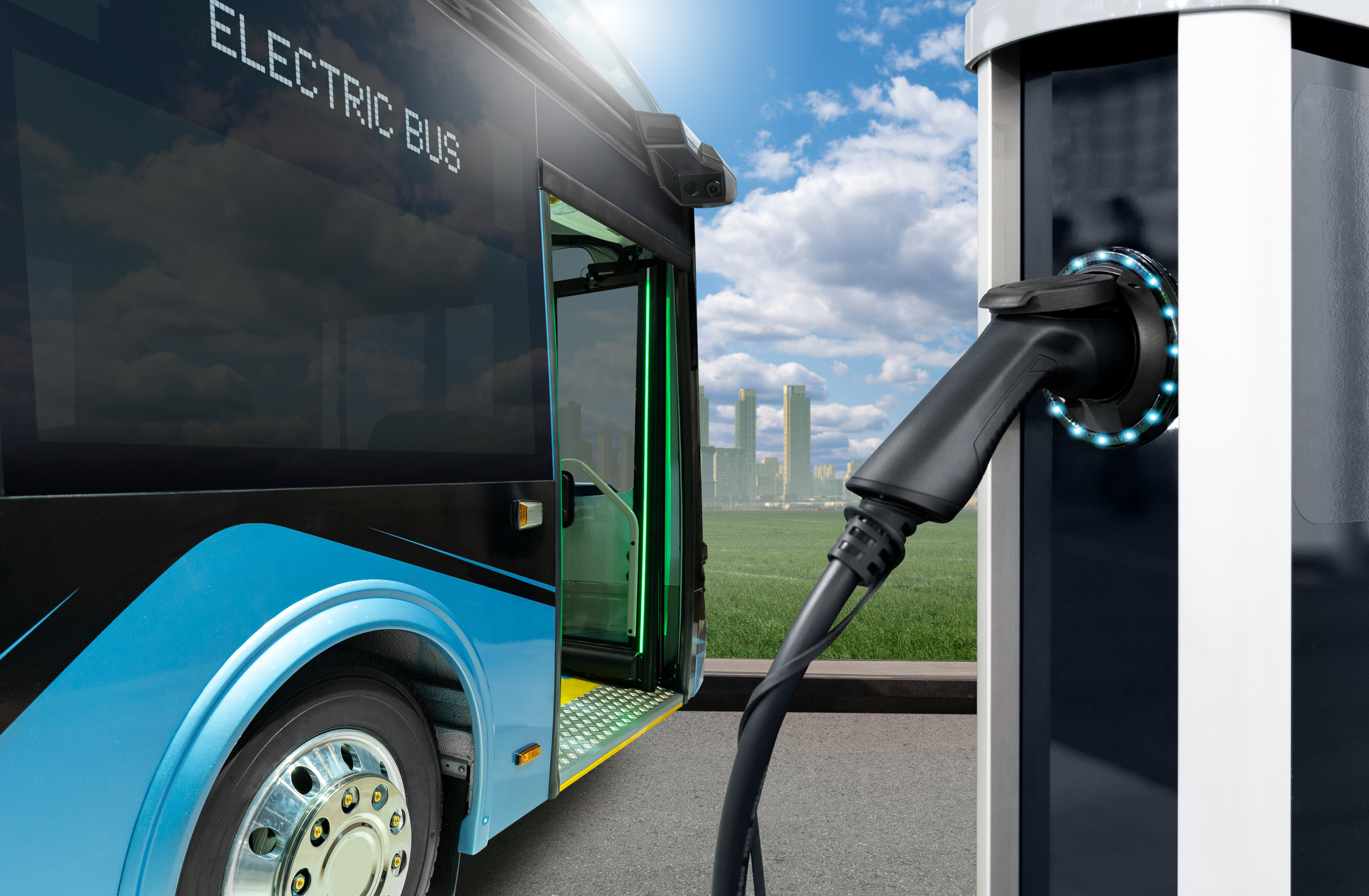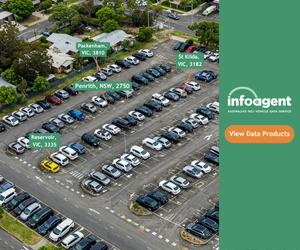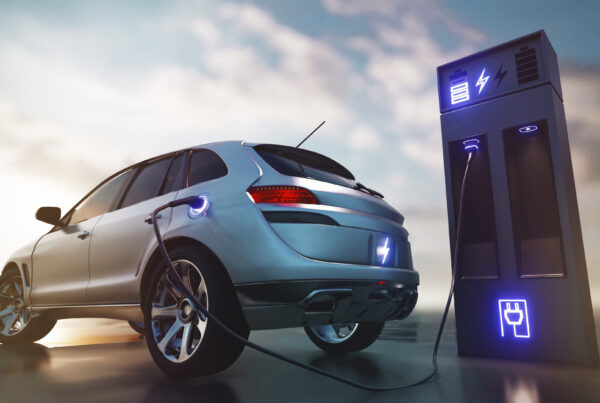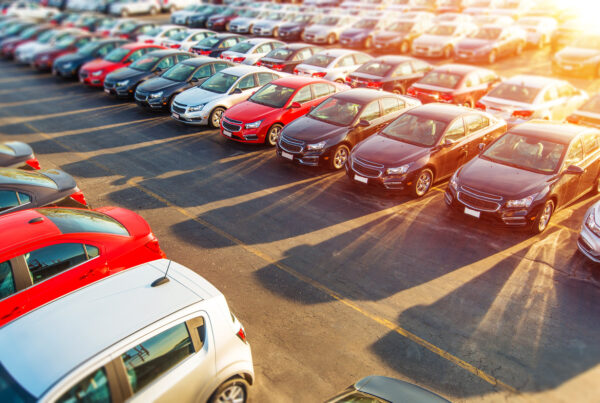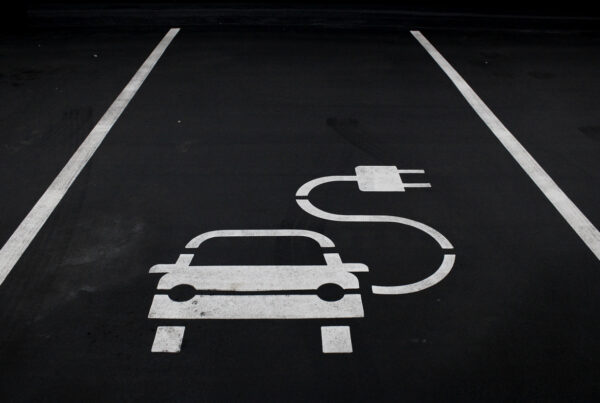Electric buses are now rolling out into Perth’s suburbs for the first time, marking a major step in Western Australia’s plan to replace diesel buses across the public transport network.
A total of 11 electric buses are now ready to operate out of Transperth’s Malaga depot, with around 90 buses expected to be running from the site by the first half of 2026.
The Malaga depot is undergoing a $12 million upgrade to support the change. Once complete, it will be WA’s largest electric bus charging facility, with space for 110 buses. They have already installed 16 new charging stations, and the upgrades also include solar panels and battery storage. The rest will be in place by the end of the year.
Each electric bus can travel up to 300 kilometres on a single charge. It is expected to save around 40 tonnes of carbon dioxide emissions per year.
Transport Minister Rita Saffioti said the expansion was an exciting moment for public transport in WA.
“This is a really exciting moment for public transport in Western Australia, with electric buses rolling out into our broader suburban areas for the first time,” she said.
“We’ve had electric buses operating on the CBD CAT bus routes since September last year, but now people catching buses in the suburbs will be jumping on board too.”
More Depots Set for Electric Future
The Malaga rollout follows the earlier launch of 18 electric CAT buses in the CBD. These are expected to carry over 2.5 million passengers a year and cut 720 tonnes of emissions annually.
Electric bus use will continue to grow across Perth in the coming years. Planners have already scheduled or begun upgrades at the Karrinyup and Claisebrook depots. Meanwhile, crews are building a new electric bus depot in Bayswater. Karrinyup is set to receive its first electric buses early next year.
The government will upgrade all bus depots across WA over the next two decades. These upgrades will support the full phase-out of diesel vehicles.
Minister Saffioti said the move delivers on an election promise.
“We’ve now delivered on our election commitment to stop the production of diesel buses, and that means the community will start to see more and more electric buses operating on the network.
“Not only are electric buses cleaner and better for the environment, they’re also cheaper to operate in the long term, which means better value for money for WA taxpayers.”
Did you find this article interesting? Click the ‘heart’ button above to give it a ‘like’!

